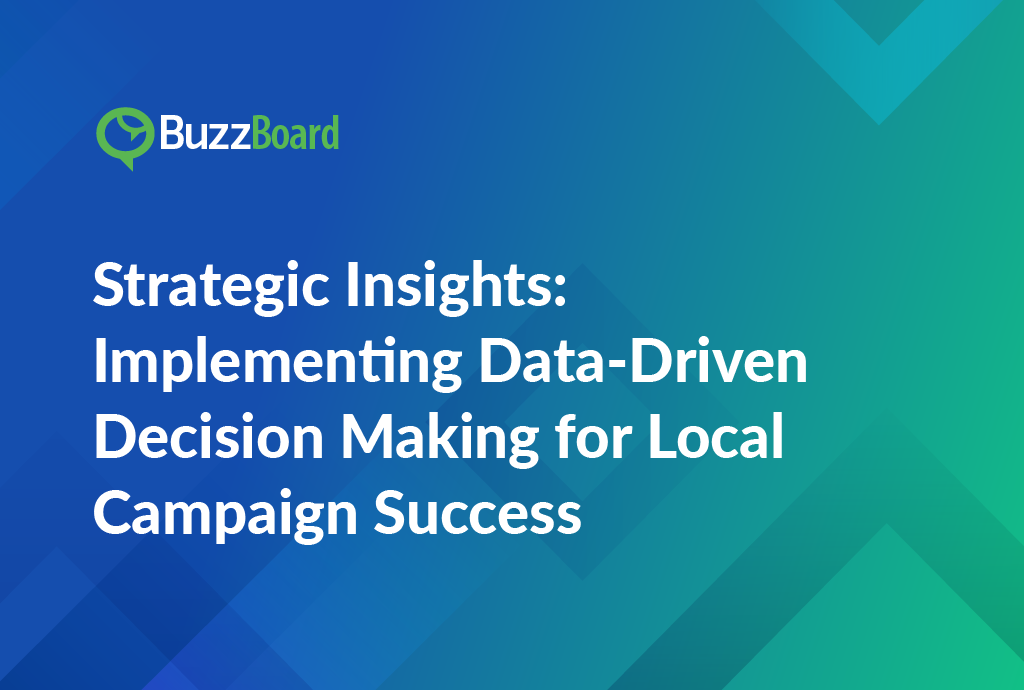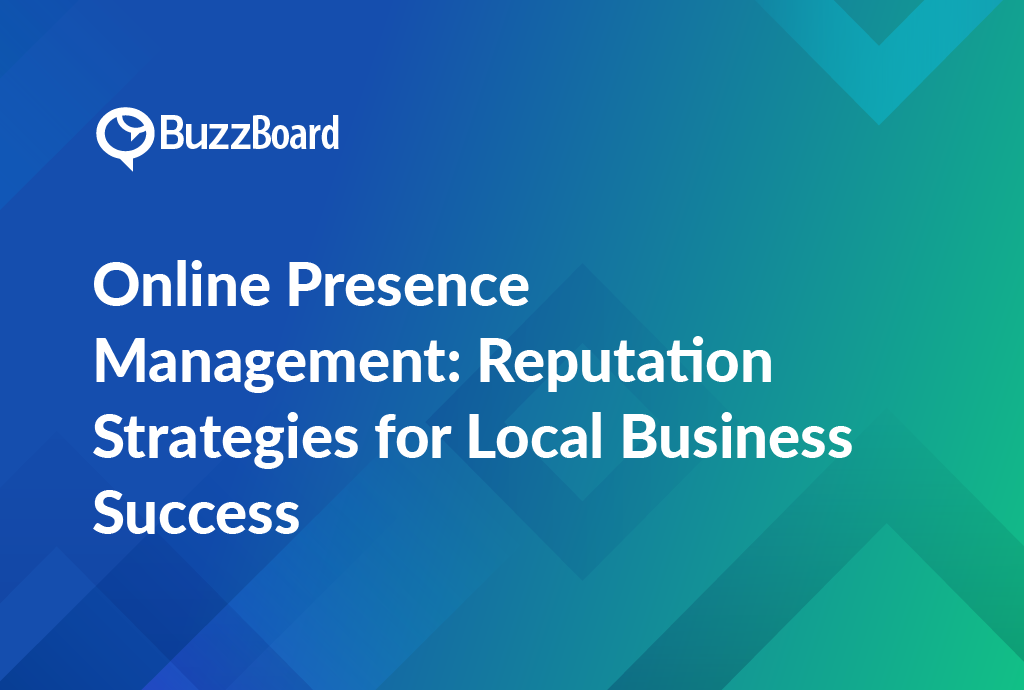Understanding the Importance of Data-Driven Decision-Making in Local Campaigns
Data-driven decision-making is a strategic imperative for any digital marketing agency that focuses on local campaigns. Utilizing a data-driven approach in decision-making offers a competitive advantage in today’s rapidly evolving market where each decision matters.
Data-driven marketing decisions rest on the analysis and interpretation of diverse data streams collected from interactions and engagements with targeted audiences. This method allows businesses to refine their messaging, thereby improving overall campaign effectiveness. It transforms strategic planning from a process based primarily on intuition to one rooted in data-driven findings.
Data analytics tools and technology are pivotal in enabling digital marketing agencies to make informed decisions. Such tools can reveal invaluable insights, unearthing patterns, and trends that might otherwise go undetected. By leveraging these insights, agencies can sculpt more focused and fruitful local campaigns.
For instance, data analytics can identify what type of content appeals to specific demographic groups within a local area. This enables digital marketing agencies to customize their campaign strategies and boost their overall performance. The more a given agency understands about local demographics and their preferences, the more successful its campaigns tend to be.
To conclude, exploiting data-driven decision-making for local campaigns is essential to maintain a competitive edge in today’s digital marketing world. The use of data analytics tools and technology forms a critical part of this strategy and can prove vitally significant for any digital marketing agency.
Exploring the Role of Digital Marketing Agencies in Implementing Data-Driven Strategies
Digital marketing agencies are instrumental in implementing data-driven strategies, offering small businesses crucial tools to target their audience efficiently and foster growth and profitability.
Well-established agencies provide an assortment of tools and technology to deliver profound insights into consumers’ behaviors, preferences, and trends. They leverage data analytics to predict future trends and craft effective marketing strategies.
Data-driven decision-making utilizes both quantitative and qualitative data, allowing agencies to forecast trends, understand consumer needs, and create personalized marketing campaigns tailored to target a specific audience area. This ensures improved reach and engagement with prospective customers for local businesses.
Implementing data-driven strategies necessitates analytical skills, a thorough understanding of the business landscape, and the ability to decipher complex data. Digital marketing agencies rise to meet this demand with a gamut of tactics, innovative tools, and advanced technology to extract, analyze, and comprehend accumulated data.
These agencies have the aptitude to transform raw data into insightful information, fostering informed decision-making and enhancing the effectiveness of marketing efforts.
Presenting the Tools and Technology Applicable for Successful Data Analytics
Data-driven decision-making has become a key strategy for digital marketing agencies, especially for local campaigns. By harnessing the power of data analytics, these agencies can shape their strategies based on informed interpretations of customer behaviors, current market conditions, and future trends.
The core of this strategy lies in the effective use of tools and technology. Instruments like Google Analytics, Data Studio, Tableau, SAS, or Power BI can be of help in collecting, analyzing, and visualizing data. Technological advancements, specifically in the areas of Big Data, AI, and Machine Learning, further provide more sophisticated data analytics options.
Incorporating data-driven decision-making involves pin-pointing relevant datasets, processing and analyzing these data, and ultimately deriving actionable insights. However, the process doesn’t end at simply making decisions grounded on these insights; it also includes assessing the effectiveness of these decisions.
The capacity to analyze and visualize data enables marketing agencies to make well-informed decisions for local campaigns. For example, they can identify key demographics, comprehend client behaviors, pinpoint effective strategies, and anticipate potential growth areas. Therefore, integrating data analytics into their workflows becomes crucial for their future success.
Sales professionals at digital marketing agencies can benefit enormously by leveraging the power of data analytics and transforming it into actionable insights for successful local campaigns.
Real-World Examples of Successful Local Campaigns Driven by Data
In the fast-paced world of digital marketing, data-driven decision-making has become the norm, especially for localized campaigns. Take, for instance, a local restaurant chain that engaged a digital marketing agency to augment their sales. Trusting in a data-driven approach, the restaurant used data analytics tools to dissect every aspect of customer behavior. Detailed scrutiny of data, from customer demographics to dining preferences and peak dining times, allowed them to develop highly personalized marketing content that resonated deeply with their targeted customers.
Another instance involves a regional bank aiming to expand its customer base. Employing data-driven decision-making, the bank dug into comprehensive demographic data and utilized it to kickstart a series of local campaigns. The strategic execution of geographically relevant promotions and product offers led to a sizable swell in local customer acquisition.
Utilizing data for decision-making in local campaigns isn’t just about number crunching. It involves comprehending human behavior and preferences at a granular level. With the aid of technology, digital marketing agencies can leverage this data to craft effective local campaigns that truly connect.
Weighing the Pros and Cons of Implementing Data-Driven Decision-Making in Digital Marketing
In digital marketing, data-driven decision-making has become a crucial tool, particularly for local campaigns. As a sales professional at a digital marketing agency, it’s vital to understand the significance and implications of integrating this technology into your strategy.
The innovative use of data analytics can significantly enhance local campaigns’ efficiency. Data-driven decision-making offers an intimate understanding of consumer behaviors, enabling the creation of targeted marketing strategies with heightened accuracy, ultimately enhancing ROI. This approach also mitigates decision-making risks by providing objective insights to bolster precision, rather than solely relying on intuition.
Yet, implementing data-driven decision-making poses challenges. Effective data analytics requires substantial technical skills. This need could necessitate the allocation of extra resources for training or talent acquisition. Data security and privacy are other considerable aspects. Mismanaged or non-secure data can lead to legal penalties and severe harm to your business’s reputation.
A plethora of tools and software exists, each tailored to meet the demands of data-driven digital marketing. Accordingly, opting for the right technology for your agency can be a complex task. It’s therefore critical to evaluate each tool considering its functionality, ease of use, security features, and cost-effectiveness.









